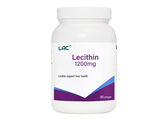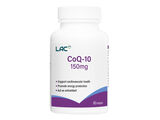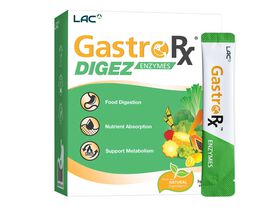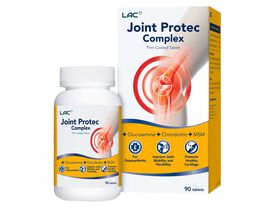Watch Out for These Warning Signs!

Are you at risk of having a heart attack? Here are some ways you can prevent it!
Did you know that coronary heart disease remains the number 1 killer in Malaysia with 17% reported death in 2020[1]? Sadly, it’s not only a concern for the elderly as almost 1 in 5 heart attacks occurs in patients who are younger than 40 years old[2].
Coronary artery disease is more common than you think. Do any of your family, relatives or friends have underlying heart issues?
What is a Heart Attack?
A heart attack, also known as myocardial infarction, happens when the blood flow to the heart is completely blocked. If your heart isn’t getting enough blood and oxygen that it needs to function properly, your heart muscle may begin to put you at a higher risk of heart failure and other serious complications.
So, what causes heart blockage?
Coronary artery disease (CAD) is the narrowing or blockage of the coronary arteries. Usually, it is often developed over decades as a result of poor lifestyle choices, or it could be genetically inherited. Consequently, if the person doesn’t change their lifestyle, it can increase cholesterol buildup in the body, causing arteries to become narrower and blocking more blood flow. When most or all of the arteries are completely blocked, the person will possibly get into a heart attack (which usually happens in the last stage).
Risk factors often occur together, and one risk factor may trigger another. Besides high cholesterol, other risk factors can cause damage to the coronary arteries which include:
- Age – The risk of damaged and narrowed arteries gets higher as you age further. Poor lifestyle choices will further accelerate heart blockage.
- Gender – Generally, men are at greater risk of coronary artery disease. Nonetheless, the risk for women increases after menopause.
- Family history – People with a family history of heart disease are more likely to get coronary artery disease. The risk is highest if your father or a brother is diagnosed with heart disease before age 55 or if your mother or a sister developed it before age 65.
- Smoking – Smoking is bad for heart health. Smokers will significantly increase the risk of heart disease. A secondhand smoker is even worse as they are doubly contaminated and inhaling it at the same time.
- High blood pressure – High blood pressure can make the arteries hard and stiff. The coronary arteries may become narrow, further slowing down the blood flow.
- Diabetes – Type 2 diabetes and coronary artery disease share some risk factors, such as obesity and high blood pressure.
- Overweight or obesity – Excess body weight is bad for overall health as it can lead to other health complications such as type 2 diabetes and high blood pressure.
- Chronic kidney disease –Having long-term kidney disease will put more stress on the heart as it has to pump harder to get blood to the kidney.
- Sedentary lifestyle – A lack of exercise can lead to more fatty build-up in the arteries.
- Stress – Stress can lead to high blood pressure and potentially increase the plaque rate and accumulate in the arteries, further worsening other risk factors.
- Unhealthy diet – Foods containing lots of saturated fat, trans fat, salt and sugar can increase the risk of CAD factors – high cholesterol, diabetes, obesity and more.
- Alcohol Intake – Heavy alcohol intake can lead to heart muscle damage. It can also worsen other risk factors of coronary artery disease.
Symptoms of A Heart Attack to Look Out For
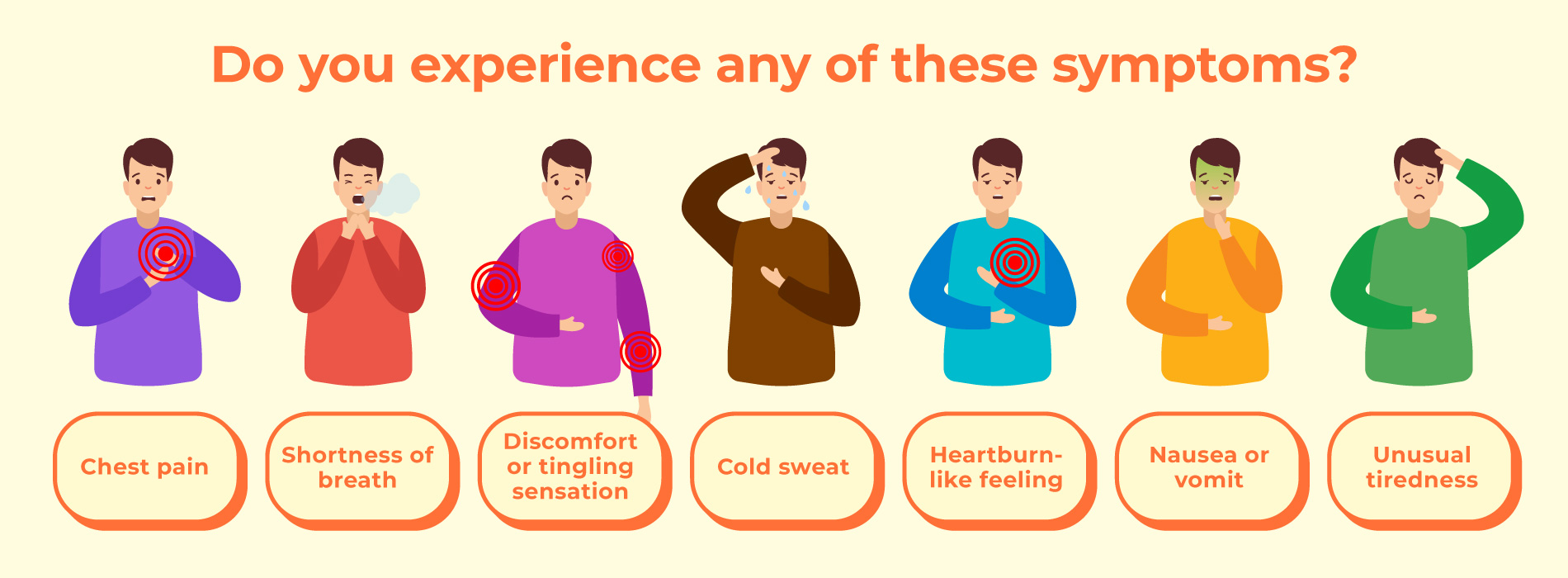
Some symptoms of heart attacks may go unrecognised at first. Furthermore, different individuals with different health conditions and gender may play a part in experiencing different symptoms.
Here are some of the major symptoms[3] that you should be aware of:
- Chest pain – Typically, most heart attacks consist of discomfort in the centre or left side of the chest that lasts more than a few minutes. Some of the discomforts include pressure, squeezing, fullness, or pain around the chest area.
- Feeling unusually tired, light-headed, or faint – You may also break out into a cold sweat.
- Shortness of breath – This often comes along with chest discomfort, but there is a possibility that the shortness of breath happens before chest discomfort.
Ways to Prevent a Heart Attack
While you cannot change some risk factors such as age, and family genetics, you are still in control of making conscious efforts in your lifestyle.
Here are some preventions to keep risk away from getting a heart attack:
#1 Healthy eating & a balanced diet
Incorporate these nutrient-rich foods such as lean proteins, whole grains, fruit, vegetables, low-fat dairy, nuts, fish and seeds into your diet as often as possible. Try to limit fatty, fried foods, processed meat and foods that contain simple sugars like sodas, baked goods, and white bread. Moreover, avoid eating food with sodium-rich foods that will trigger a spike in hypertension and cholesterol levels.
Additionally, supplements such as fish oil, coenzyme Q-10 (CoQ-10) and lecithin are highly recommended to those who have heart diseases as they function to lower the level of LDL (bad) cholesterol and increase levels of HDL (good) cholesterol.
#2 Get active
Staying active is a great way to reduce your risk for potential heart disease. Regular exercise keeps arteries and other blood vessels flexible, ensuring healthy blood flow and normal blood pressure. In fact, the heart needs its muscles to be utilised regularly in order to pump more blood through the body and continue working at optimal efficiency.
Try getting at least 150 minutes of physical activity a week for optimum heart health. Aerobic exercise such as walking is proven to improve heart health. If you are new to exercise, remember to start slow to prevent any adverse effects.
#3 Get sufficient rest
Make it a priority to sleep at least 7-9 hours a day, especially for those individuals who already have underlying heart issues. Sleep deprivation can further harm the heart. Improving sleep and rest may reduce the likelihood of heart attacks[4].
Planning a consistent sleep schedule will help your body adjust to the body’s internal clock and encourage healthy and stable sleep throughout the night. Avoid any caffeinated drinks and electronic devices that will throw off your sleep patterns as well.
#4 Get an annual checkup
Don’t take your health for granted before it is too late. It is recommended for everyone to get their health check-up at least once a year which allows you to identify any potential health issues as soon as possible.
If you are experiencing any concerning symptoms around your chest area, don’t hesitate and see a doctor immediately. Consult with your doctor to come up with a treatment plan and stick to it.
Conclusion
Living an active lifestyle and eating a healthy diet may sound like nothing new to you but they are keys to lowering the risk of having a heart attack or preventing any potential health problems. It has been reported that following a healthy lifestyle may prevent over 80% of sudden cardiac deaths[5].
Remember, you can’t control everything in life but you are in control of what you put and do to your body.
[1] https://www.dosm.gov.my/v1/index.php?r=column/cthemeByCat&cat=401&bul_id=R3VrRUhwSXZDN2k4SGN6akRhTStwQT09&menu_id=L0pheU43NWJwRWVSZklWdzQ4TlhUUT09
[2] https://www.freemalaysiatoday.com/category/leisure/health/2022/08/25/malaysian-youths-also-at-risk-of-developing-heart-disease/
[3] https://www.cdc.gov/heartdisease/heart_attack.htm
[4] https://www.sleepfoundation.org/sleep-deprivation/how-sleep-deprivation-affects-your-heart#:~:text=Because%20sleep%20deprivation%20can%20harm,are%20otherwise%20at%20high%20risk.
[5] https://www.hsph.harvard.edu/nutritionsource/disease-prevention/cardiovascular-disease/preventing-cvd/#:~:text=The%20best%20diet%20for%20preventing,sodium%2C%20and%20foods%20with%20trans

